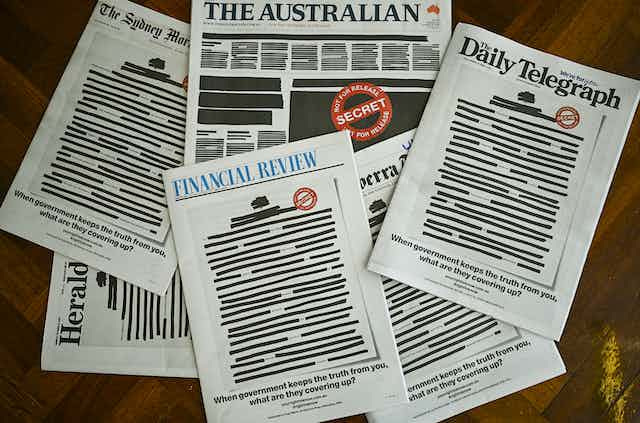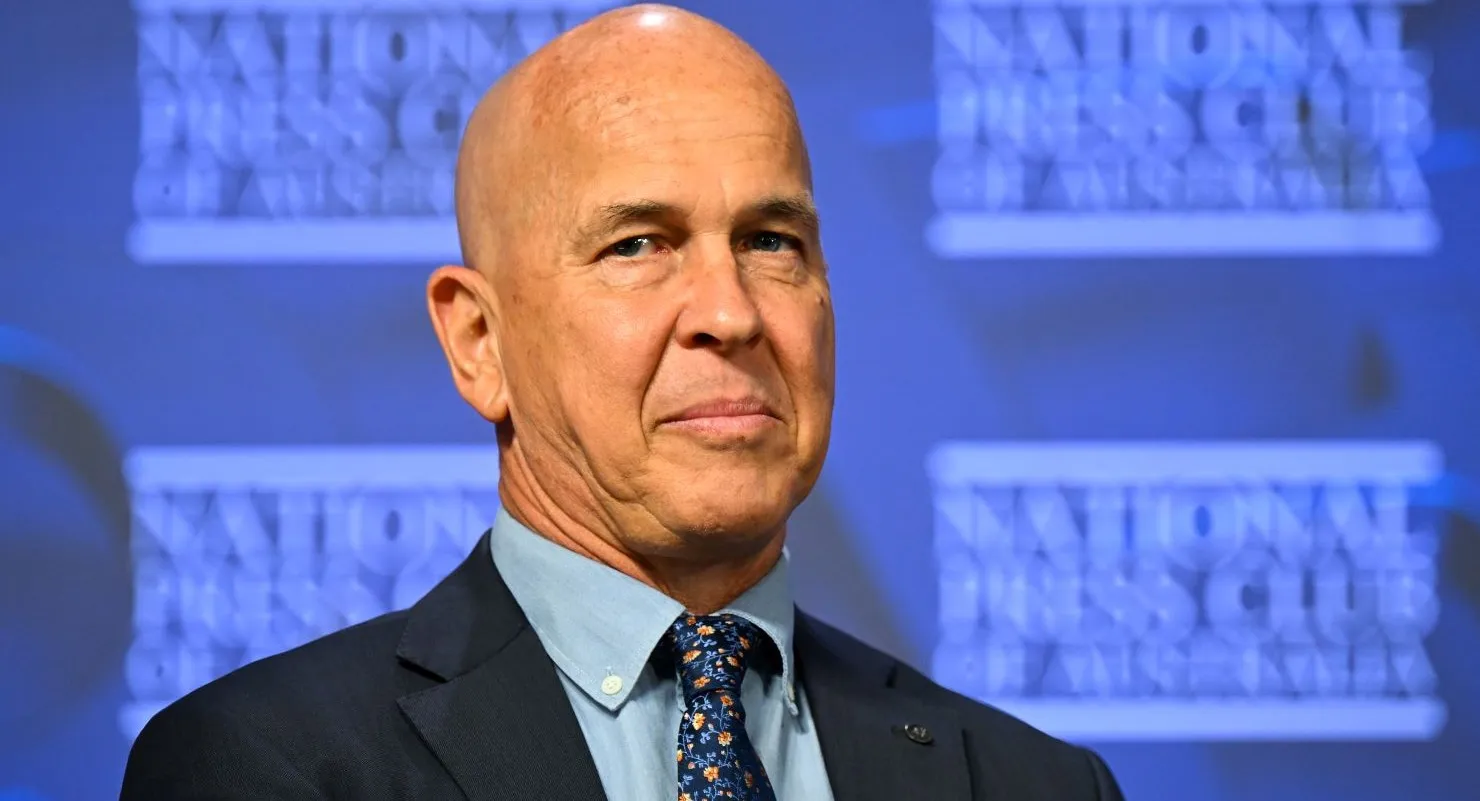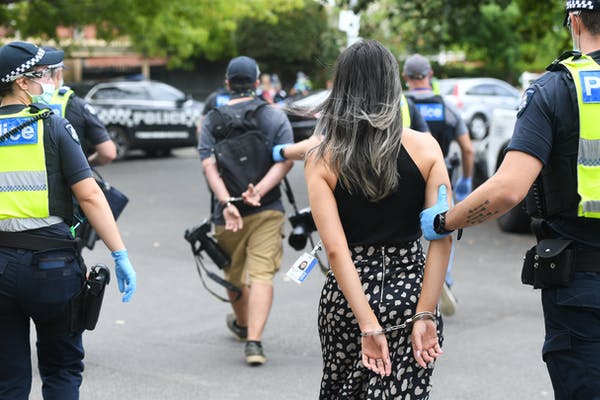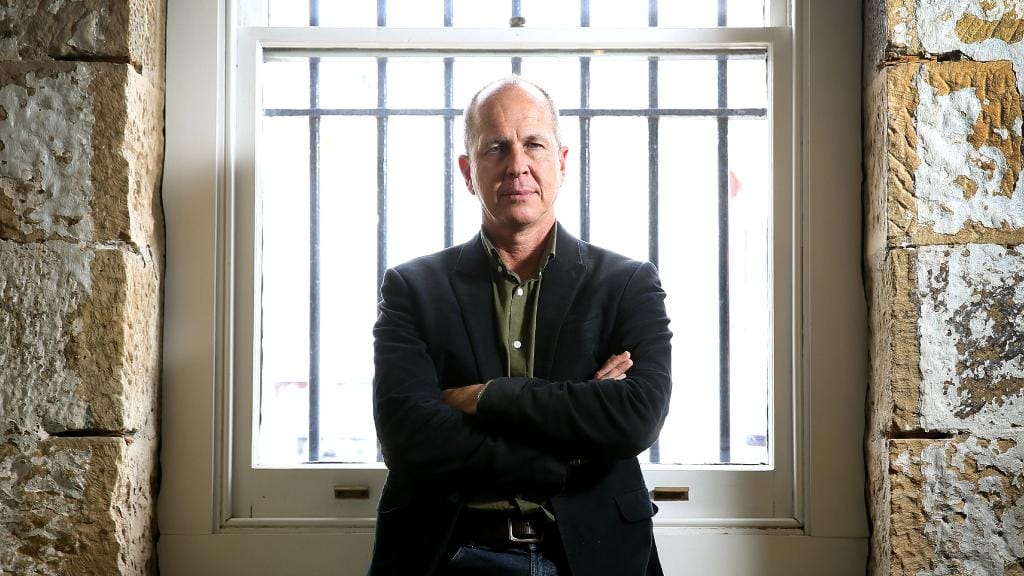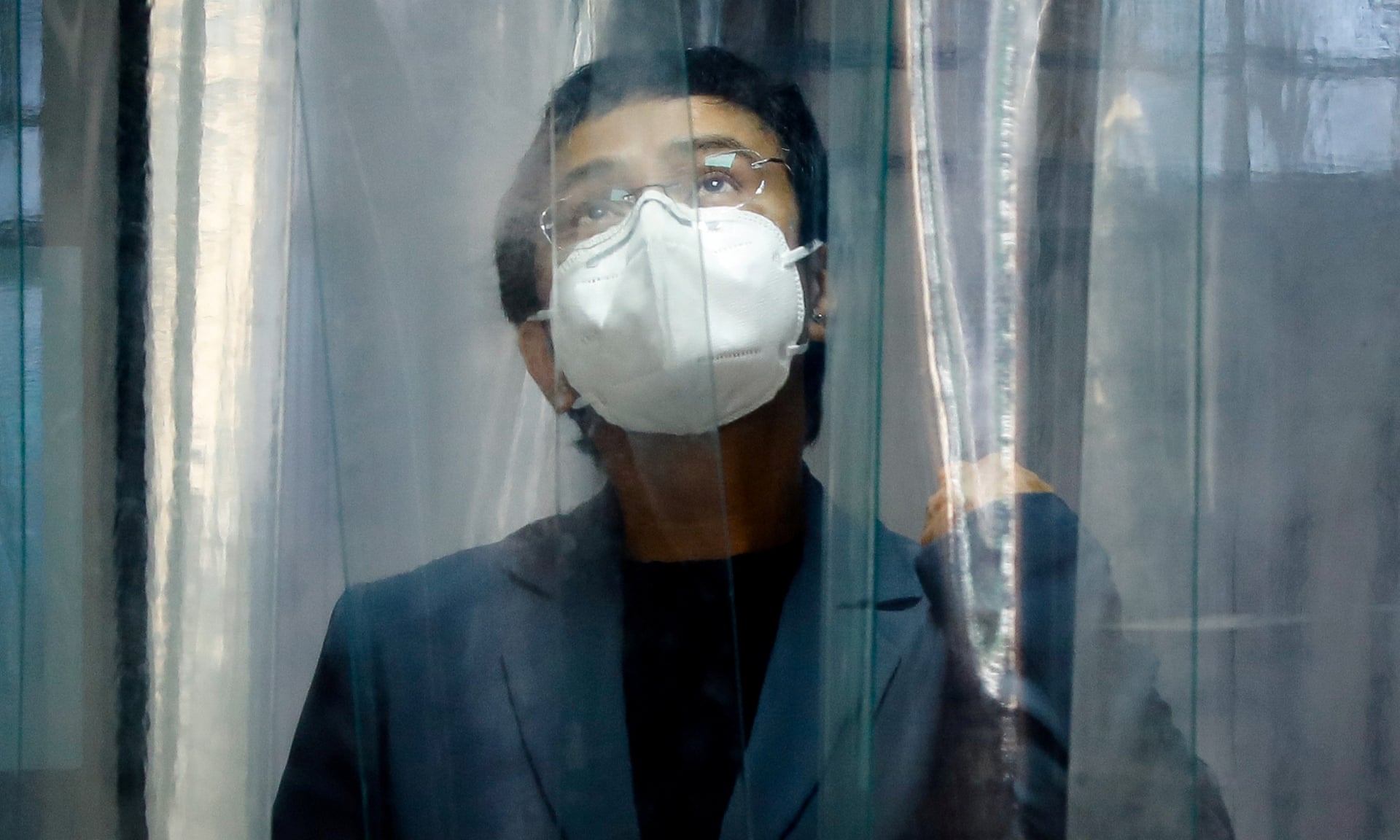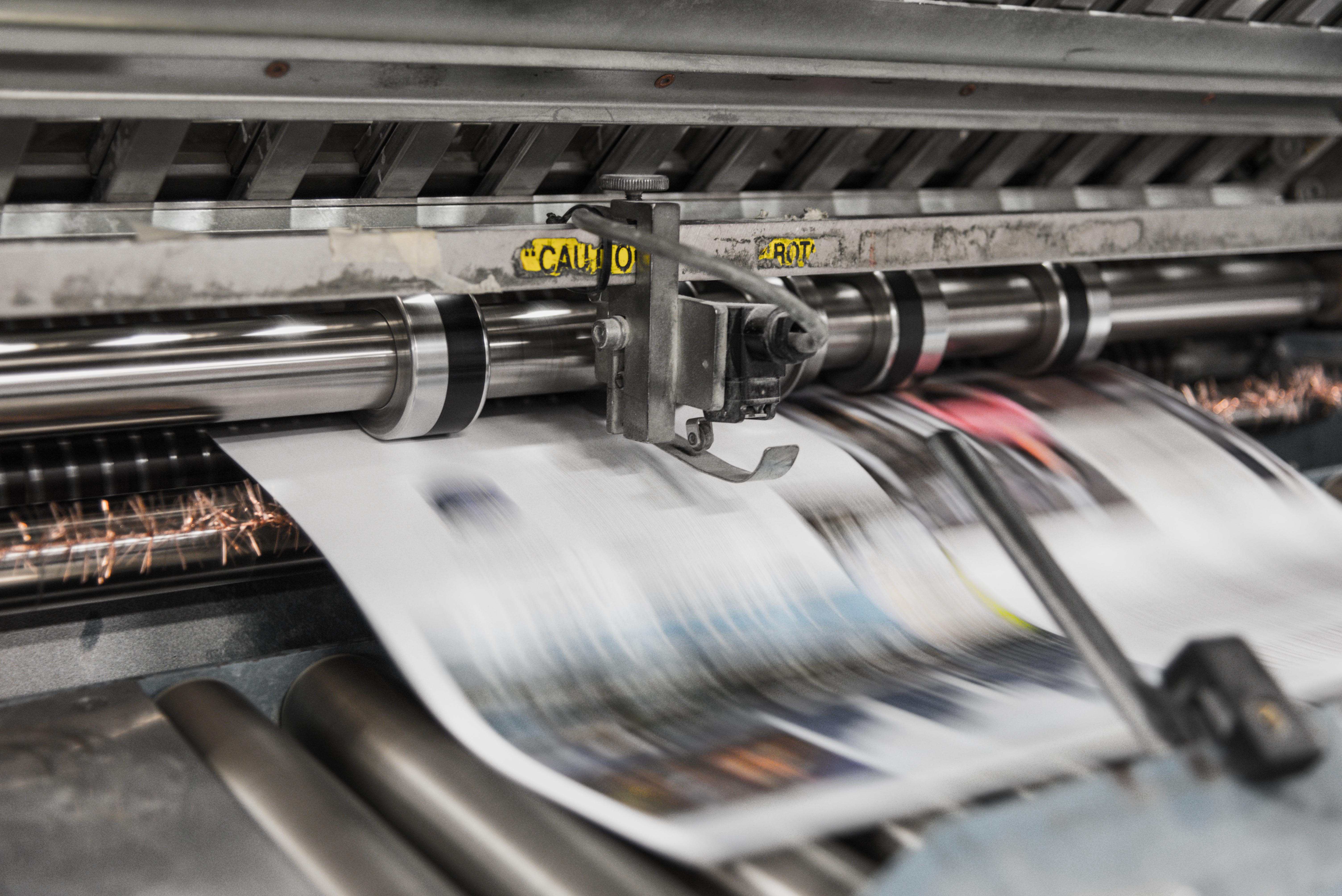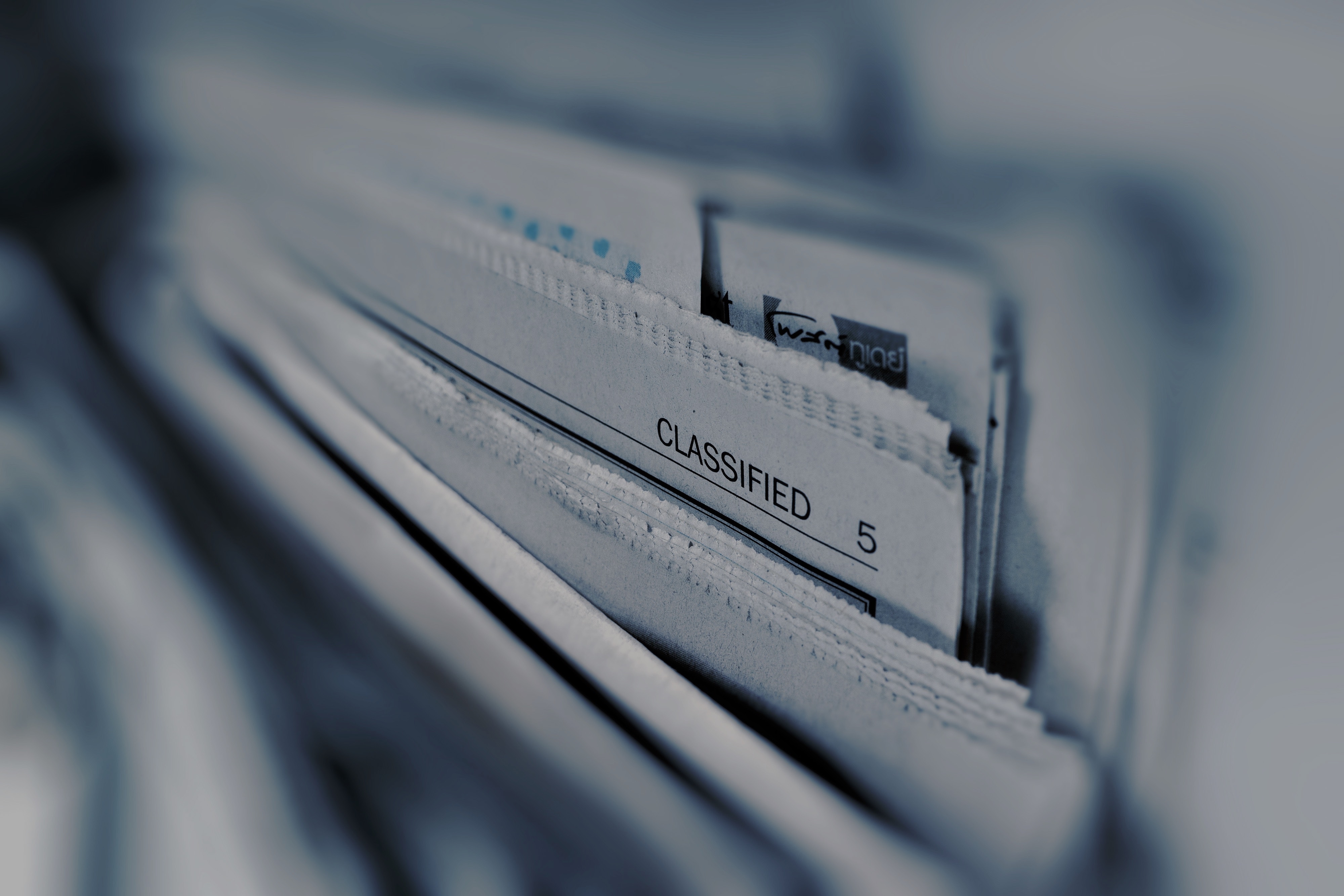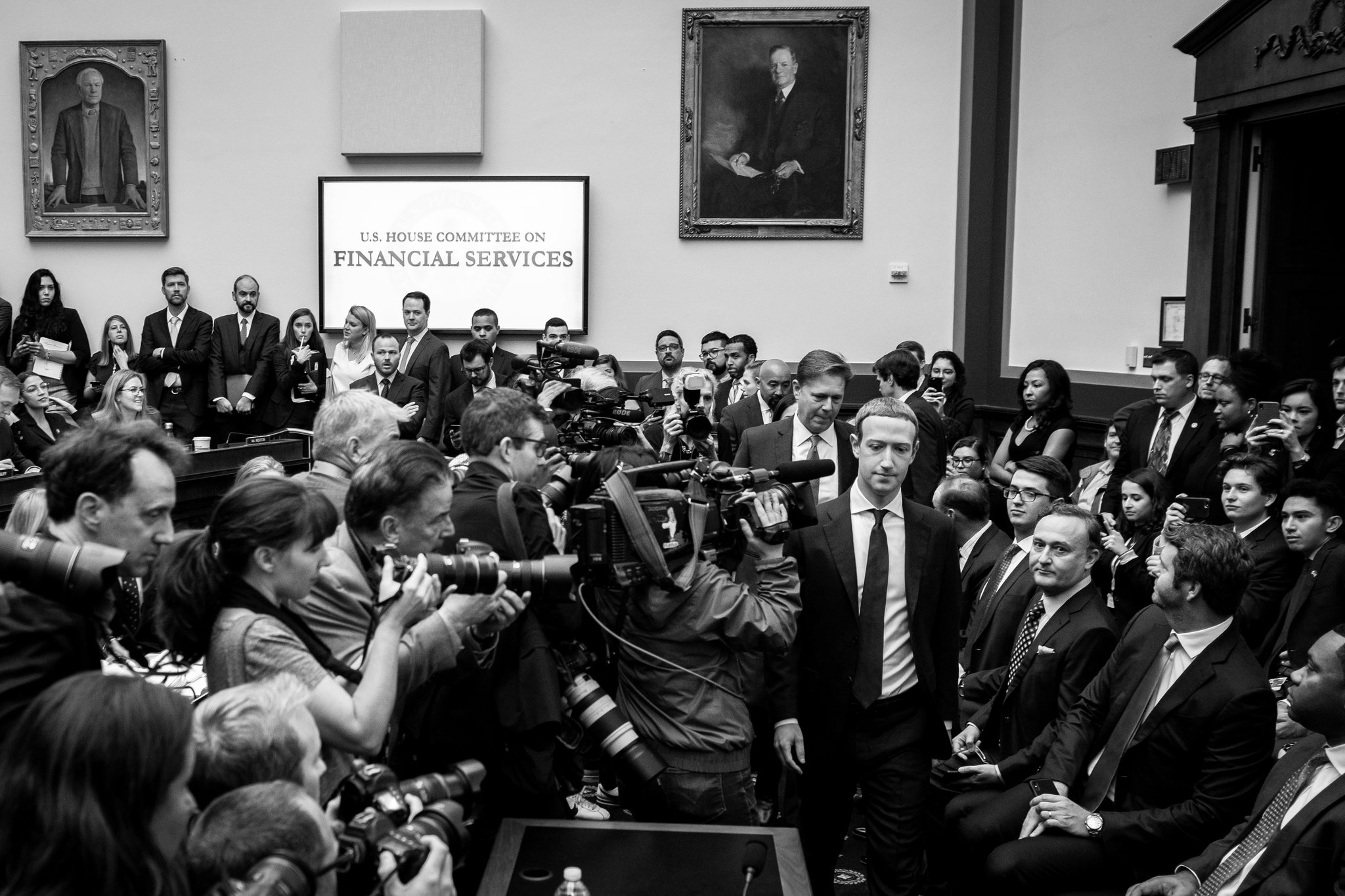
When we speak of media freedom, we generally mean it in terms of freedom from unnecessary legal restrictions, so journalists and their sources are not threatened with prosecution for exposing the misdeeds of governments. But yesterday’s announcement by Meta (Facebook’s parent company) that it will stop paying for Australian news content poses a different kind of threat to media freedom….


